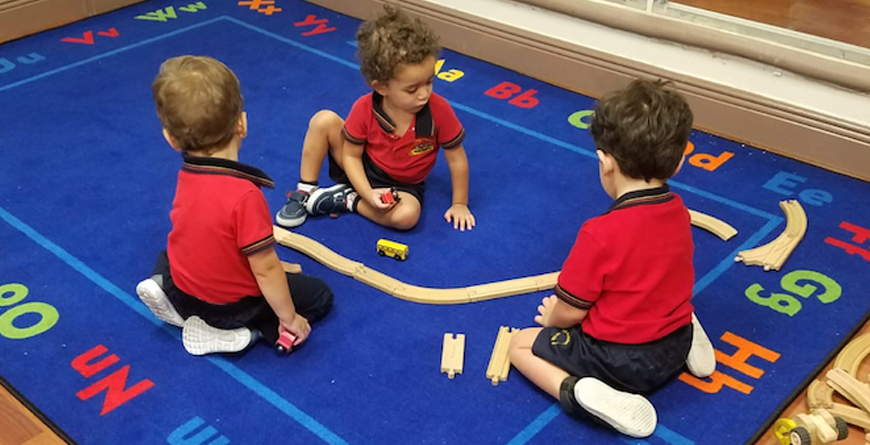Play is not Frivolous: It Enhances Brain Structure and Function
A new research paper published in in the journal Pediatrics, by the American Academy of Pediatrics, has provided additional evidence of the critical importance of play in facilitating parent engagement; promoting safe, stable, and nurturing relationships; encouraging the development of numerous competencies, including executive functioning skills; and improving life course trajectories.
It gives more support to modern educational theories that value play as one of the keys to young children learning. Play is not frivolous: it enhances brain structure and function and promotes executive function (ie, the process of learning, rather than the content), which allow us to pursue goals and ignore distractions.
The research, authored by Michael Yogman, Andrew Garner, Jeffrey Hutchinson, Kathy Hirsh-Pasek, Roberta Michnick Golinkoff, demonstrates that children need to develop a variety of skill sets to optimize their development and manage toxic stress. Developmentally appropriate play with parents and peers is a singular opportunity to promote the social-emotional, cognitive, language, and self-regulation skills that build executive function and a prosocial brain. Furthermore, play supports the formation of the safe, stable, and nurturing relationships with all caregivers that children need to thrive.
At a time when early childhood programs are pressured to add more didactic components and less playful learning, pediatricians can play an important role in emphasizing the role of a balanced curriculum that includes the importance of playful learning for the promotion of healthy child development.
The Learning Center’s holistic approach to education provides an ideal setting to nurture these sets of skills.
More on this research:
American Academy of Pediatrics Clinical Report




